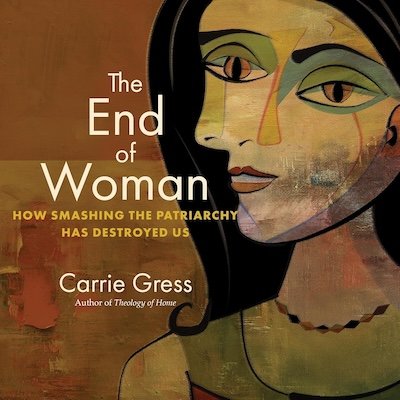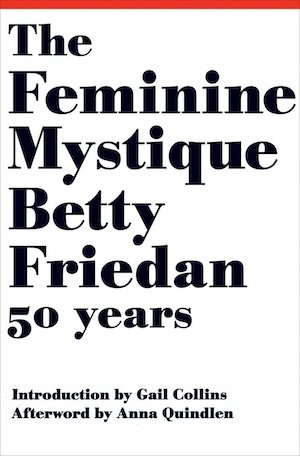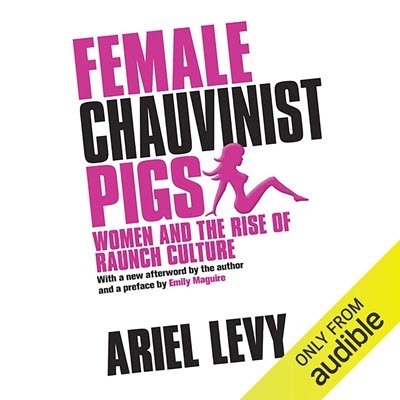
“He who learns but does not think, is lost! He who thinks but does not learn is in great danger.” -Confucius
Categories

The Second Sex
One is not born, but rather becomes, a woman. No biological, psychological, or economic fate determines the figure that the human female presents in society; it is civilization as a whole that produces this creature, intermediate between male and eunuch, which is described as feminine. Only the intervention of someone else can establish an individual as an Other.

The End of Woman
In "The End of Woman," Carrie Gress argues that modern feminism has not liberated women but rather ensnared them in a web of victimhood and discontent. She traces the movement's evolution from its noble beginnings to its current radical form, which she believes has undermined traditional family values and societal stability. Gress calls for a return to time-honored roles and virtues, positing that true fulfillment for women lies in embracing motherhood, family, and community.

The Feminine Mystique
The problem lay buried, unspoken, for many years in the minds of American women. It was a strange stirring, a sense of dissatisfaction, a yearning that women suffered in the middle of the twentieth century in the United States. Each suburban wife struggled with it alone, as she made the beds, shopped for groceries, matched slipcover material, ate peanut butter sandwiches with her children, chauffeured Cub Scouts and Brownies, lay beside her husband at night—she was afraid to ask even of herself the silent question—‘Is this all?

Occult Feminism
In 'Occult Feminism: The Secret History of Women's Liberation,' Rachel Wilson unveils the hidden connections between the feminist movement and esoteric traditions. She argues that the spiritual and mystical practices of key feminist figures have significantly influenced the movement's development and goals. By exploring these often-overlooked aspects, Wilson challenges the conventional understanding of feminism as merely a secular and political struggle.

Female Chauvinist Pigs
In "Female Chauvinist Pigs: Women and the Rise of Raunch Culture," Ariel Levy confronts the paradox of contemporary feminism, where women adopt hypersexualized behaviors in the name of empowerment. Levy argues that this embrace of raunch culture perpetuates the very sexism feminism sought to dismantle, reducing women's liberation to the mimicry of male chauvinism. Through incisive critique and vivid examples, she challenges readers to rethink what genuine empowerment and equality should look like.
